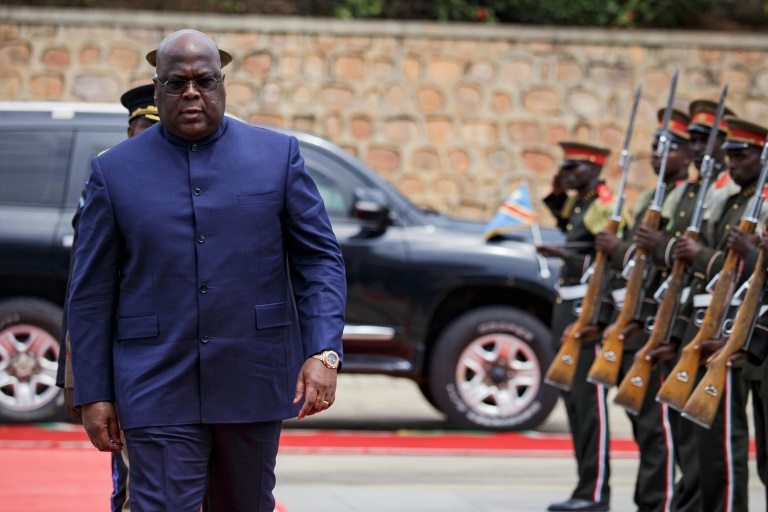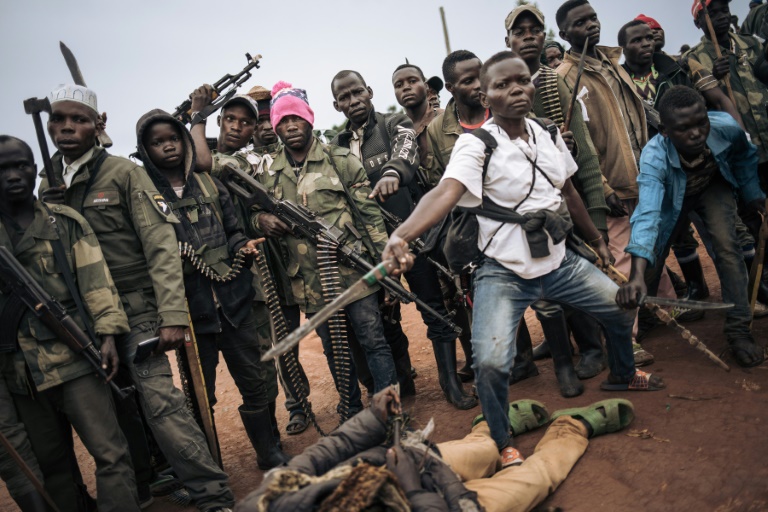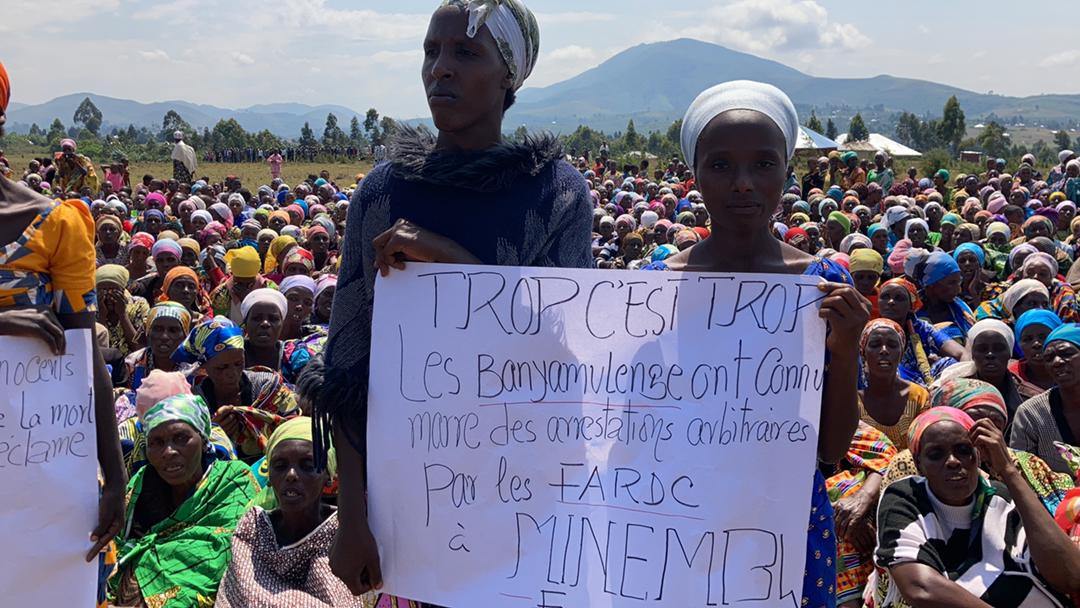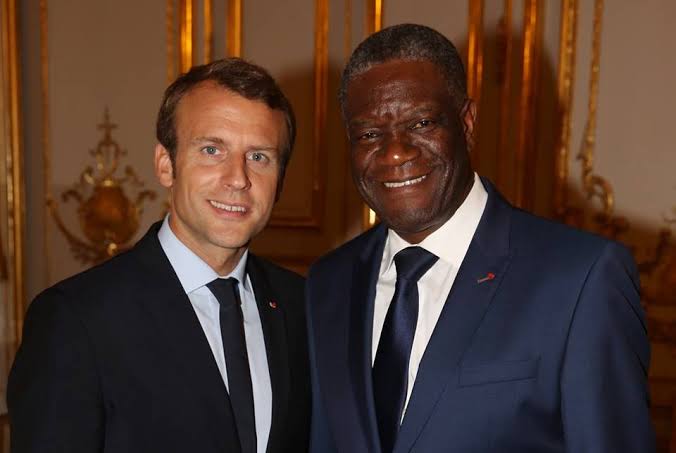Regional
Kabuga’s dementia, another ploy to evade justice
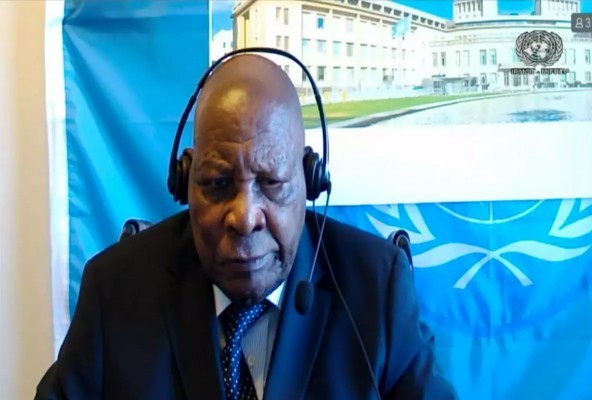
The
Hague-based court, the International Residual Mechanism for Criminal Tribunals
(IRMCT), on March 9, halted Félicien Kabuga’s trial following a medical report
that stated that he was “too ill to stand trial.”
One
of the masterminds of the 1994 Genocide against the Tutsi in Rwanda, Kabuga is faking
his way out of facing justice for his atrocities. His family and lawyers
constantly campaign to delay the trial by providing an array of false excuses,
the latest being dementia.
Kabuga,
90, claims that he has clinical dementia, and is therefore unfit to stand trial.
The
trial has been ongoing since October 2022. Since its beginning, several
witnesses pinned him for holding meetings in his compound that would later lead
to mass killings, providing support to the killers, and shaping the editorial
line of the hate radio, RTLM, that aired hate speeches against the Tutsi and sometimes
provided details of their hide outs for the killers.
Before
the UN court, Kabuga was charged with genocide, direct and public incitement to
commit genocide, conspiracy to commit genocide, and persecution on political
grounds, extermination, and murder as crimes against humanity.
To
no one’s surprise he pleaded “not guilty” to all charges.
The
latest sham is not the first time Kabuga has tried to boycott his trial, with
the excuse of poor health. In June 2022, Kabuga filed several motions claiming
he is not fit to stand trial, but the Appeals Chamber dismissed his claims
entirely.
Kabuga
is following the example of many other notorious criminals who used these kinds
of tricks to avoid justice. Vincent Gigante, a powerful New York mob boss
avoided prison for decades by faking mental illness, where he wandered in the
streets in a ratty bathrobe and slippers while talking to himself. However, his
insanity ruse came to an end in 2003, when he admitted faking it.
Unlike
Kabuga, Gigante was sentenced for his crimes, and died in a federal prison in
2005.
On
March 8, during his statement on the matter of the medical report, Kabuga’s
lawyer Emmanuel Altit said that his client is fully incapable of standing trial
and asked court to terminate proceedings and release Kabuga immediately.
For
Genocide survivors, the hope to see justice served is slowly fading. Halting the
trial is unacceptable.
The
possibility of releasing Kabuga would be another painful blow to survivors of
the genocide.
Close
to three decades, Kabuga had evaded justice with the help of his family and
deep pockets, until his arrest in May 2020, in France.
His
family, and his conspirators’, wishful thinking is that he will die before
getting sentenced and go to the grave presumably innocent for his involvement
in the 1994 Genocide.




